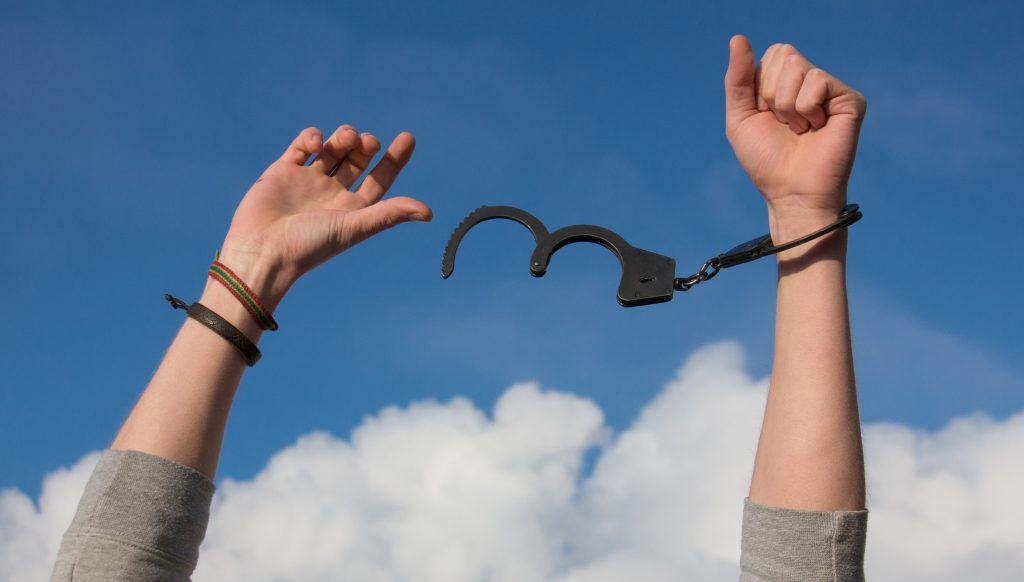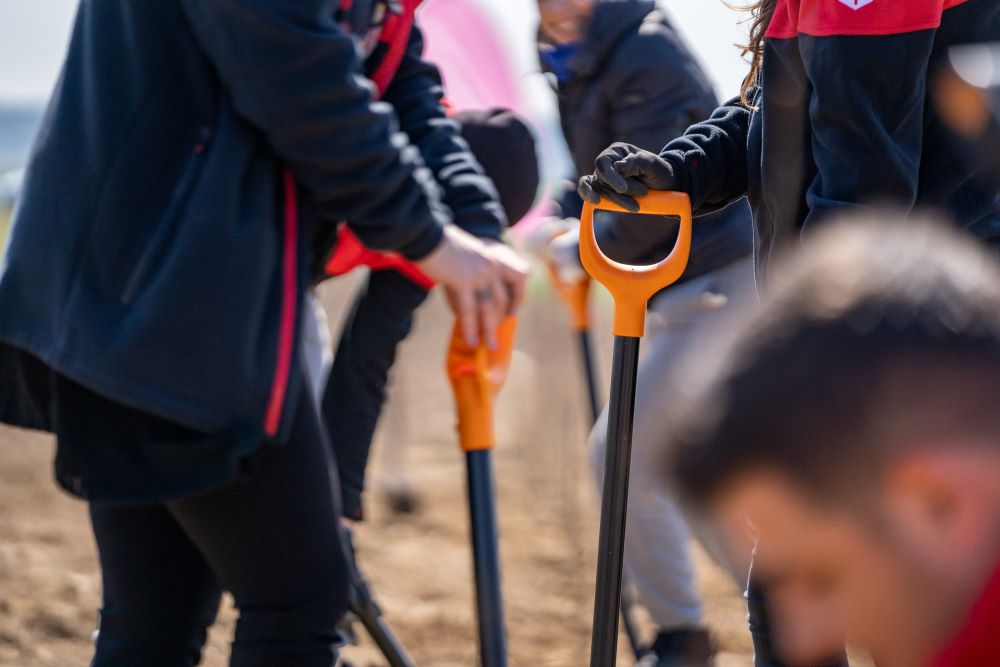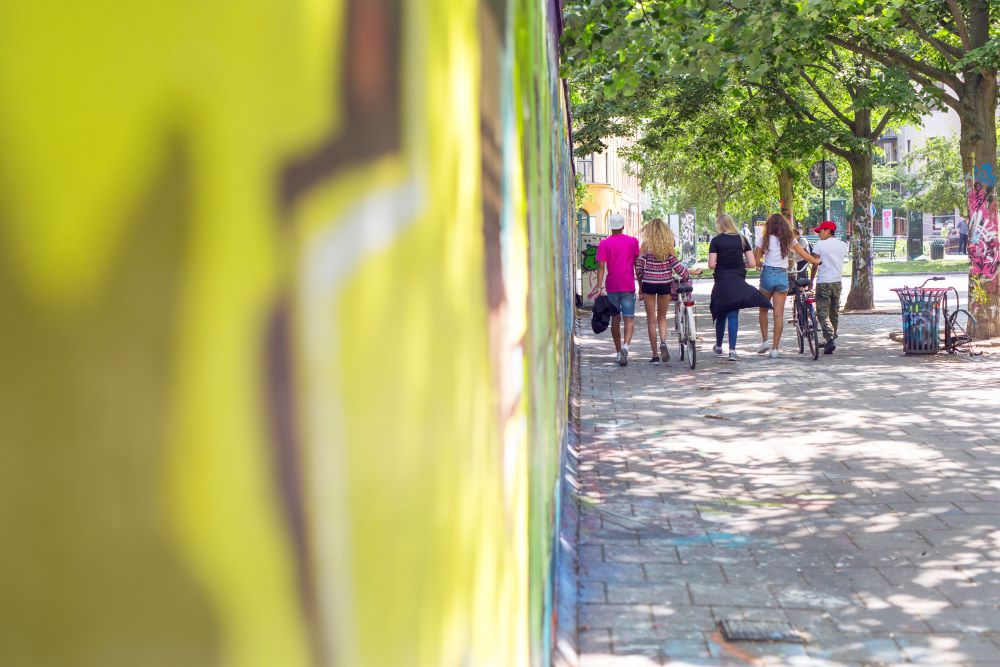Dopamine Vs. Social Media: Social Media Addiction | 2022
Social media addiction is becoming a growing concern. For years now, we’ve seen study after study claiming that social media can be bad for our health. Many feel a sense of becoming mentally drained after spending hours at a time scrolling through popular social media channels. Even when we feel down, most of us can’t seem to put our technology away and stop scrolling, as if more scrolling will magically make us feel better. A Facebook whistleblower recently leaked thousands of documents that suggest Facebook knew about the dangers of their platform, specifically to younger users. Technology and mental health experts say that’s not all. Facebook and other social media companies probably know that they’re participating in harmful activities. A new claim made states that these platforms are purposefully addictive.
An increase in depression, anxiety, sleep interference, anti-social behaviors, and even suicide risks have been linked to social media. But why? One answer may be because social media can create a dopamine decrease in our brains.
How Can Social Media Be Bad?
“Social media is basically a way to drugify human connection, we’ve evolved over millions of years to want to connect with people because it helps us protect ourselves form predators, use scarce resources, find a mate. One of the ways our brain gets us to make those connections is to release dopamine.” – Anna Lembke
Dopamine naturally occurs in our brains. It is released as a reward when we do something that makes us feel good. For example, when we eat food that we think is tasty, exercise, engage in “in-person interactions, engage in coitus, and use drugs. Because social media mimics social interactions, we feel a release of dopamine. Specifically, when we receive likes or comments on our posts. However, with all the bells and whistles of social media, the bright colors, the different rankings, and even pictures of “beautiful” people, triggers our brains to release more dopamine than it would during a normal in-person interaction. Therefore, the more we use social media, the more we crave it. We become addicted to it.

Social Media And Dopamine Deficits
“The problem with things that release a lot of dopamine all at once is that our brains have to compensate. But this is really the key point — our brains don’t just then bring our dopamine firing back to baseline level. It actually pushes dopamine levels below baseline. We go into a dopamine deficit state. That’s the way the brain restores homeostasis: If there’s a huge deviation upward, then there’s going to be a deviation downward. That’s essentially the comedown … that moment of wanting to stay online and click on one more video or connect with one more person.” – Anna Lembke
The easiest and most simple answer to everything we’ve discussed is to put it away. Turn off your devices or put them down. Log off of Facebook and other social media platforms when you begin to feel depressed. Maybe even limit yourself to checking your social media platforms once or twice a day for a few minutes at a time. It may be difficult because we’ve become addicted to social media. However, that’s exactly what these companies have intended to do. It is designed to be addictive. The bottom line is that the more time we spend on social media, the more addicted we become, and there is more money made for Facebook, Instagram, etc. through advertising. Some experts have said that since social media is designed to be addictive, it is creating an issue that is comparable to climate change.

What Can We Do About Social Media Addiction?
This is a job for everyone. To fight social media addiction, it will take all of us. The companies that own these platforms, us, and even the federal government. Some ideas of charging users the more they use the platform or taxing the companies that own them could be a way to enact change and create a solution to this issue. It’s like the theory that higher taxes on cigarettes will create ex-smokers and less future smokers. Plan to hang out with your friends in person. Set a social media schedule for yourself. Begin to ween yourself off social media so that you become less dependent on it. It may sound scary because a lot of us see social media as our actual lives. But we must remember that is not the case. If you ever feel depressed, alone, or have had thoughts of suicide, please don’t hesitate to reach out to someone for help. You can call the National Suicide Prevention Lifeline here.
Park Ave Magazine
Want to be a part of the conversation with Park Ave Magazine? Be sure to check out our newest blogs, articles and events going on in your local community. The magazine is full of exciting articles, art, photography, and trivia about the city of Winter Park and surrounding areas in Central Florida. We would like to thank everyone who has put time and effort to bring Park Ave Magazine to life. We encourage all our local friends to do your part to keep us updated with information you would like to see us cover.
With new events, articles, and information being released, sign up for our newsletter and stay in the loop with everything. Meet all the wonderful people that make Winter Park, Orlando, and the areas around Central Florida an incredible place to work, play, and live. Check it out yourself at https://parkavemagazine.com/




